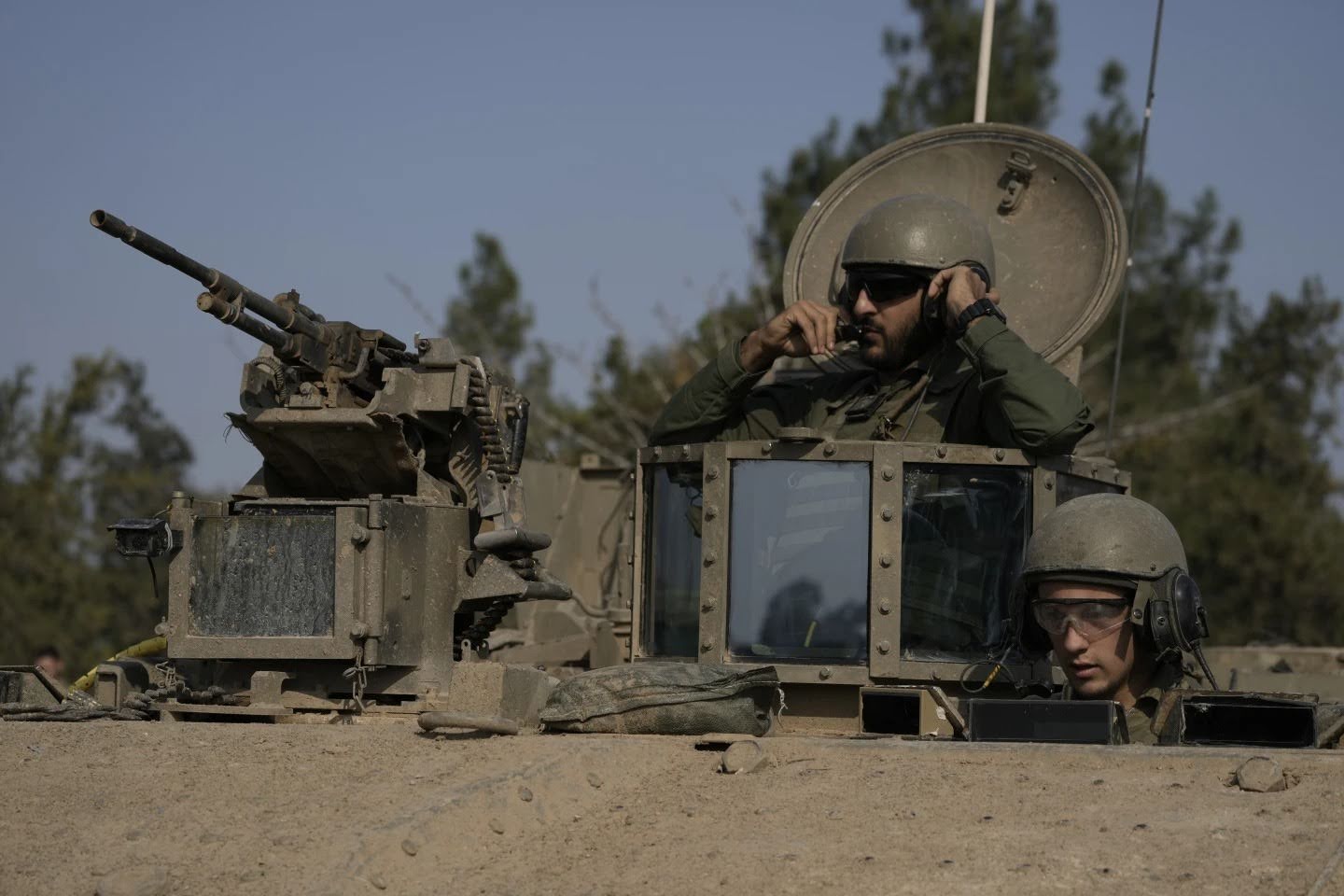Maariv reported that dozens of IDF soldiers who fought in Gaza have been diagnosed or are suspected of having leishmaniasis, a parasitic disease spread by the bites of infected sandflies.
According to the report, the soldiers were referred to dermatologists after developing lesions or sores on their skin and were referred to dermatologists who tested them for leishmaniasis – a very painful inflammatory skin infection that lasts for many weeks and if left untreated, can cause scars.
Some of the soldiers were pulled from active duty and were referred to skin clinics.
“Leishmaniasis has been a national scourge for several years,” said Prof. Eli Schwartz, a specialist in internal and travel medicine at the Sheba Medical Center and president of the Israeli Association for Tropical Diseases, who has been researching and treating leishmaniasis patients for years. “We treated many soldiers who contracted leishmaniasis during Operation Protective Edge in the summer of 2014 and the phenomenon returned at the beginning of the current war.”
According to Prof. Schwartz, the infections did not occur in Gaza, but in the Gaza envelope. “The area has been infested for years with rodents that carry the parasite in their bodies and with the sandfly which is particularly common there. The soldiers were infected mainly at the beginning of the war when the weather conditions in October were summer – when the sandflies are very active.”
The leishmania parasite is transmitted to humans through the bite of the tiny sandfly. One fly can sting a person several times, usually at night, and each bite leaves an inflamed and painful lesion that does not heal on its own. In some cases, treatment of the condition requires the soldier to be removed from active duty due to the complex treatment that is carried out only in hospitals. Lesions that are left untreated aren’t life-threatening but will leave permanent scars.
“Israel is a record-holder in leishmaniasis and not much was done at the beginning of the war – when the infections were at their peak – to prevent infections,” Prof. Schwartz added. “We are seeing the results in the last few weeks, when the lesions develop a few weeks after soldiers were bitten. Despite our warnings for years, not much has been done in the country to eradicate the many infections.”
The IDF said in response: “In all IDF units, various actions are taken to prevent leishmaniasis among soldiers, including the distribution of leaflets on the subject and mosquito repellents to soldiers in field units. Environmental prevention activities were carried out in any area where the presence of mosquitoes or soldiers with bite marks were reported.”
“All patients suffering from suspicious symptoms are examined by a military dermatologist, receive appropriate treatment and are referred as needed to a dedicated leishmaniasis clinic. The IDF has a limited stock of Leshcutan ointment [used to treat leishmaniasis], the production of which was stopped last year, and in the future treatment will be provided by a similar preparation that will provide an alternative treatment. For the most part, leishmaniasis lesions do not prevent the continued activity of treated soldiers. Complex cases are evaluated individually by a dermatologist.”
(YWN Israel Desk – Jerusalem)












2 Responses
The bugs were living in Gaza long before the Arabs, or the Jews, arrived. Nothing in the article suggests they are attacking only Israelis.
Natural remedies for leishmaniasis include colloidal silver, garlic, black walnut, and turpentine.
Taking extra vitamin c and b-complex, daily doses of sunshine, and avoiding sugar and processed foods during the healing time are very important.
Search these summaries for more details.